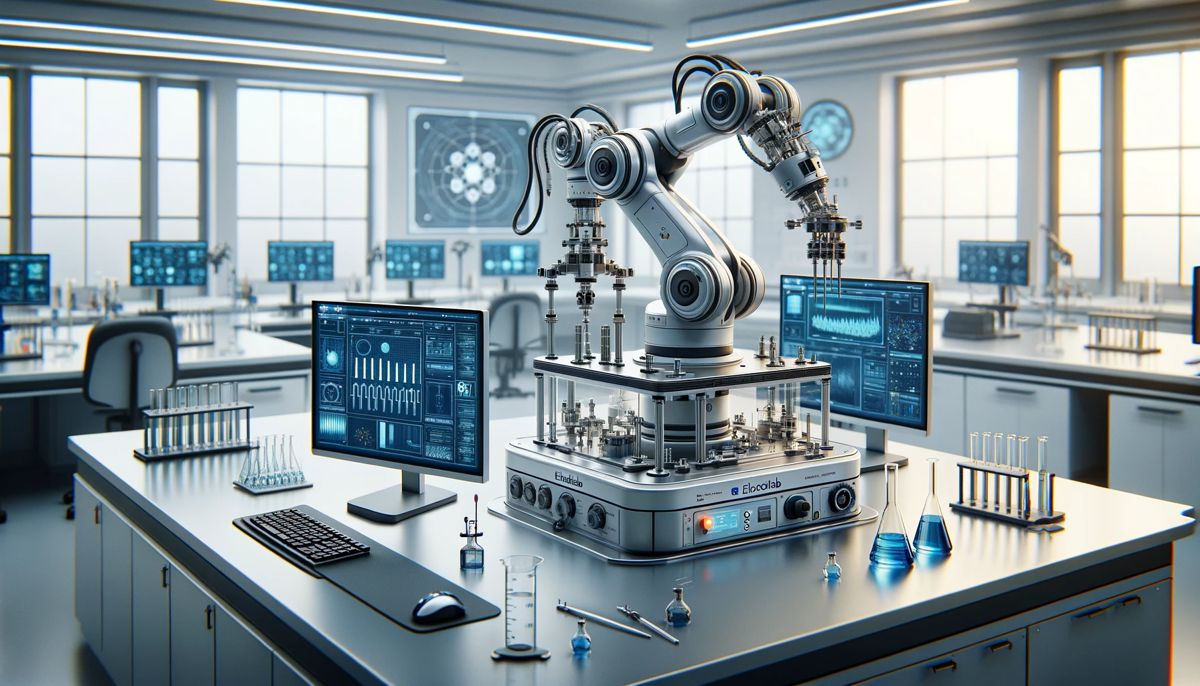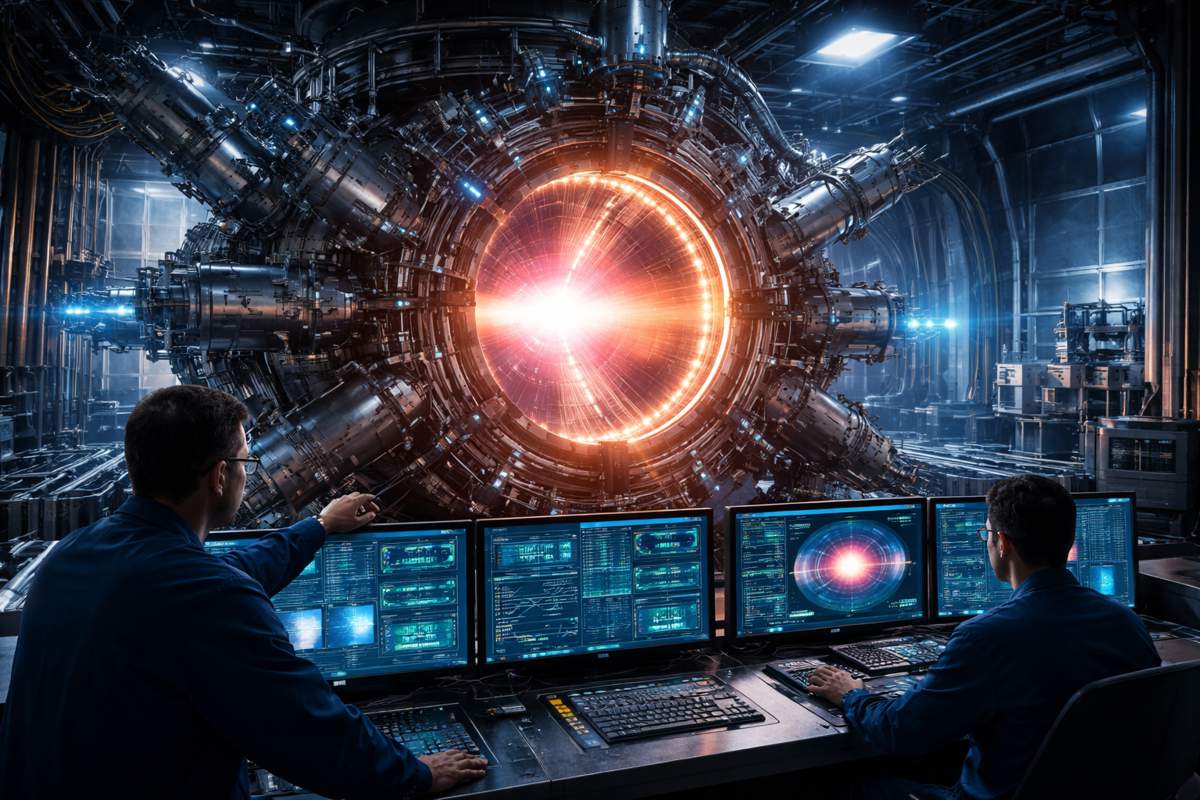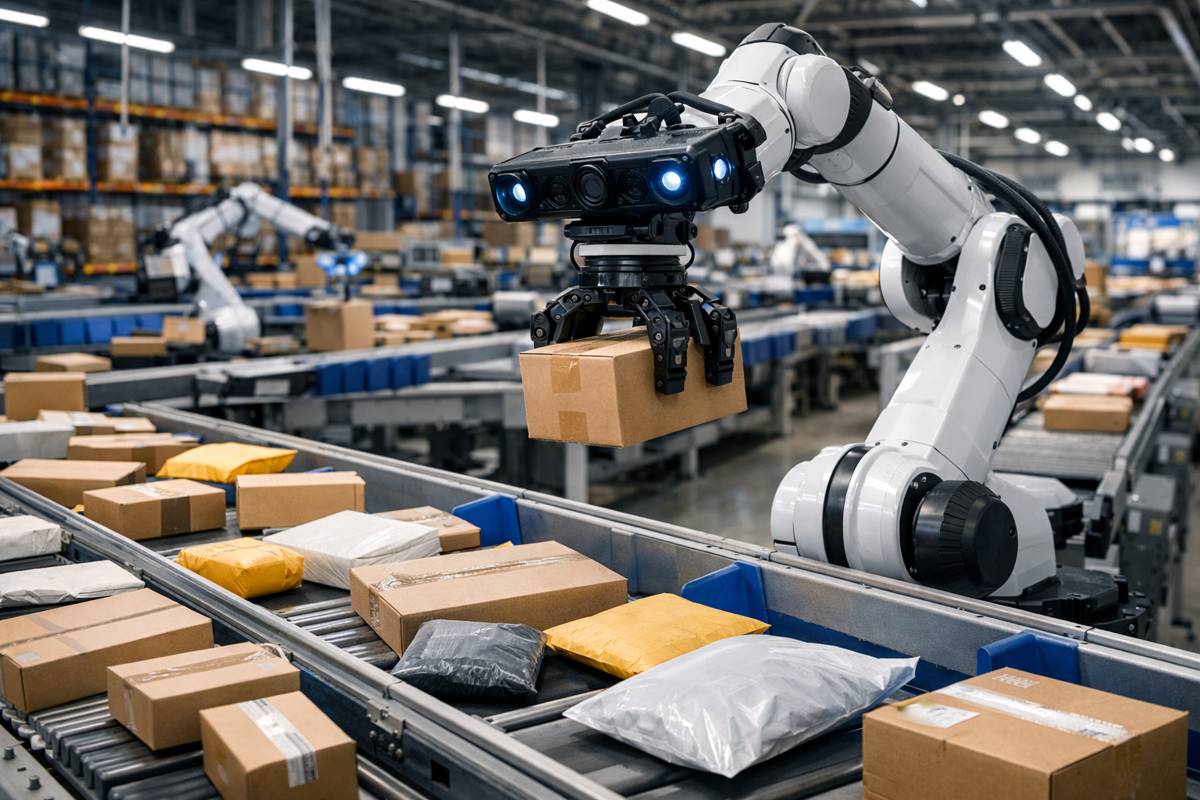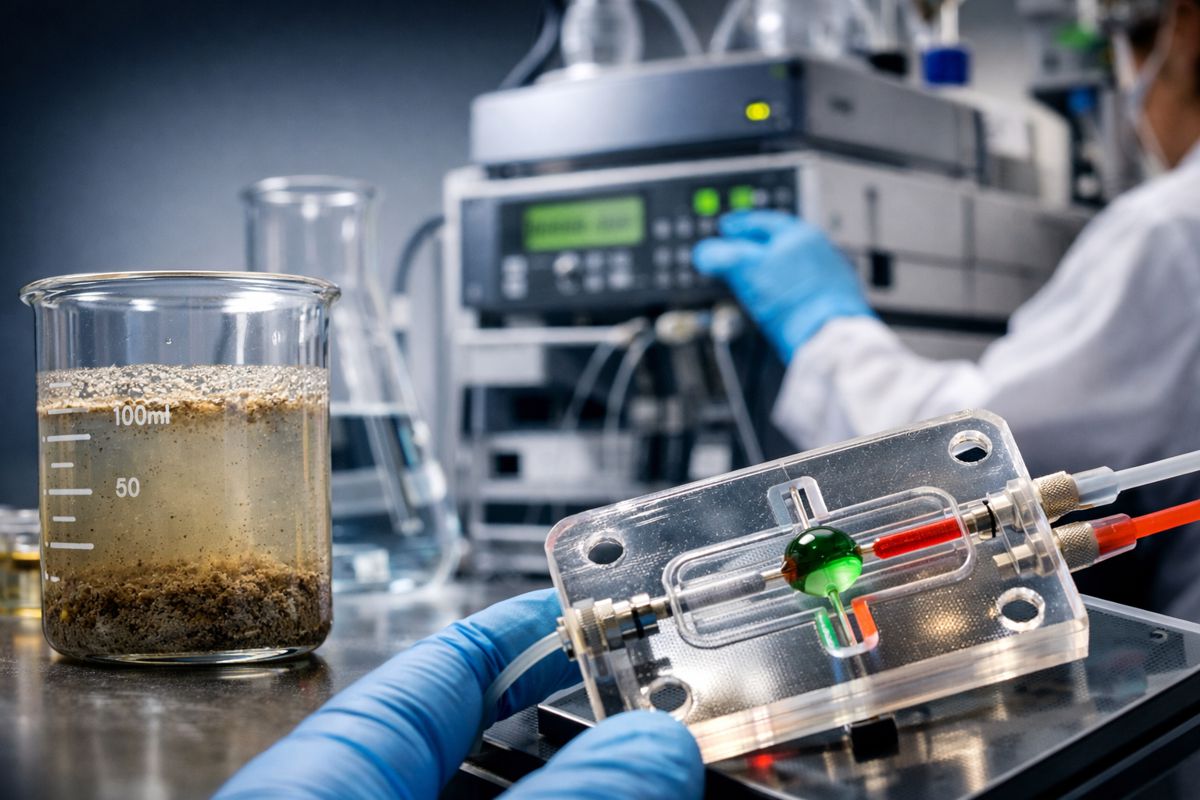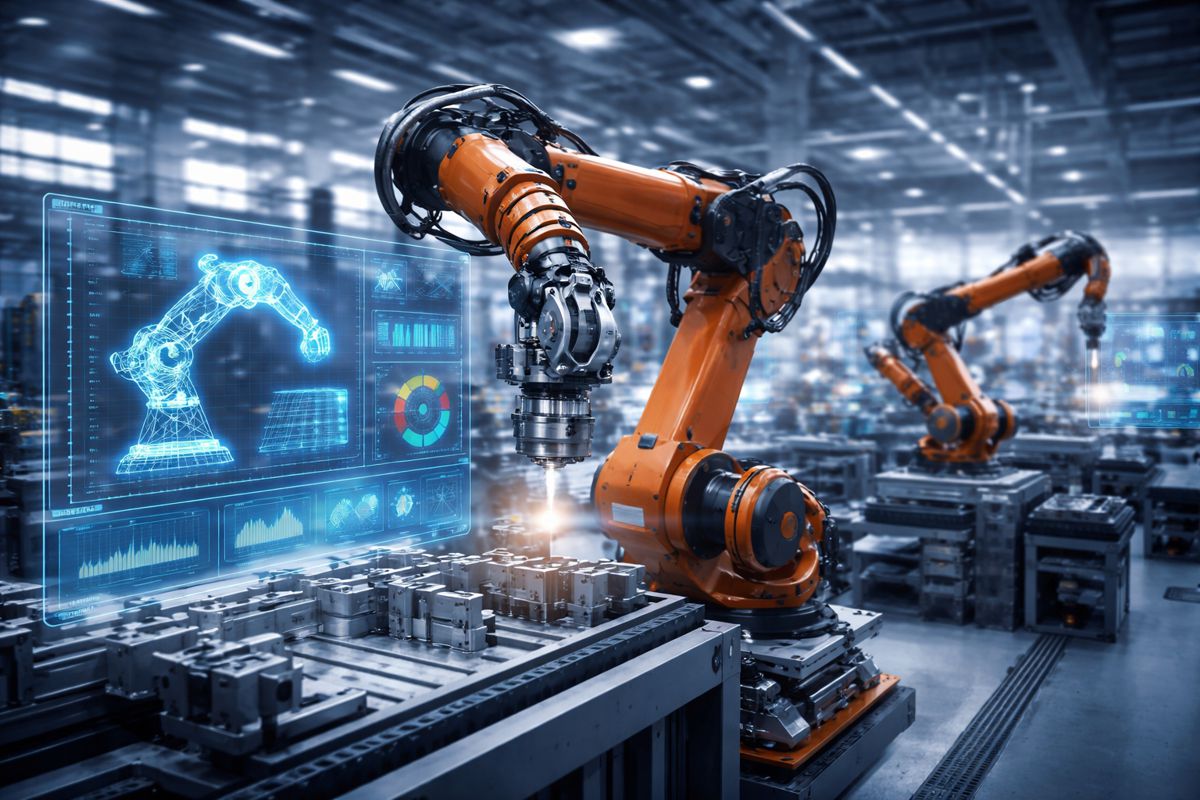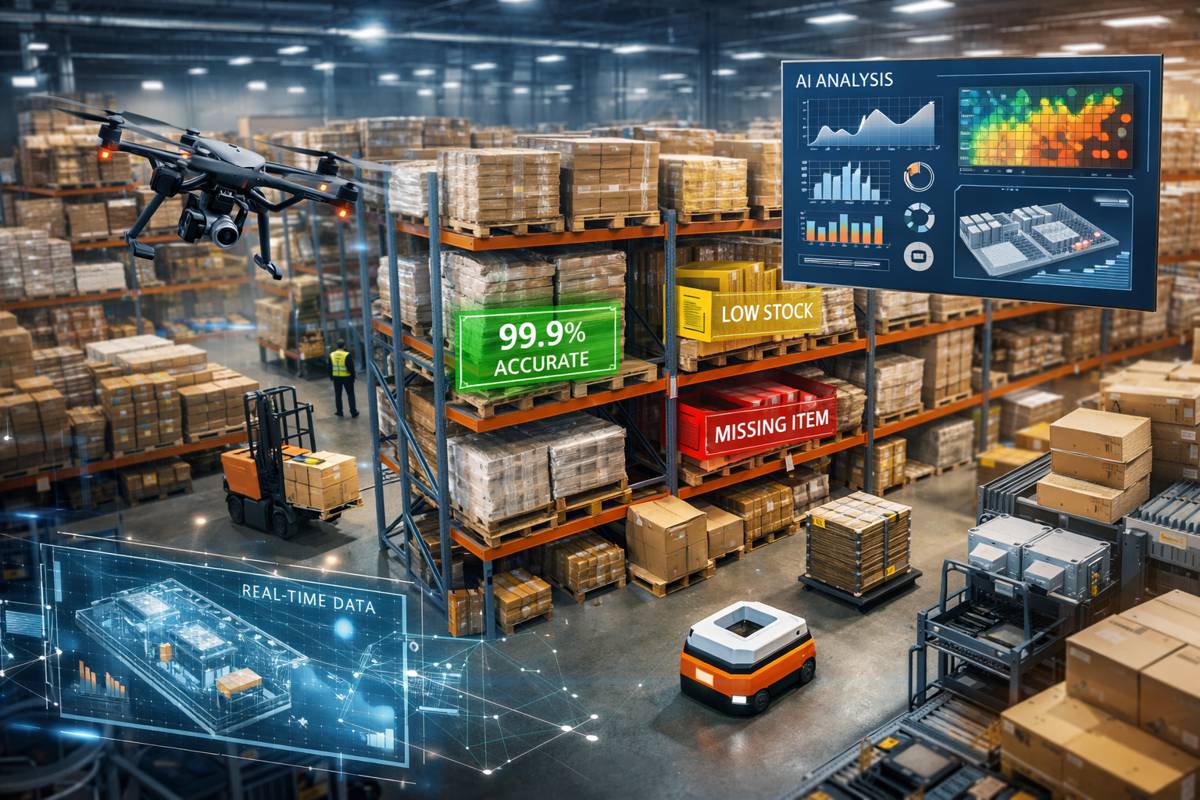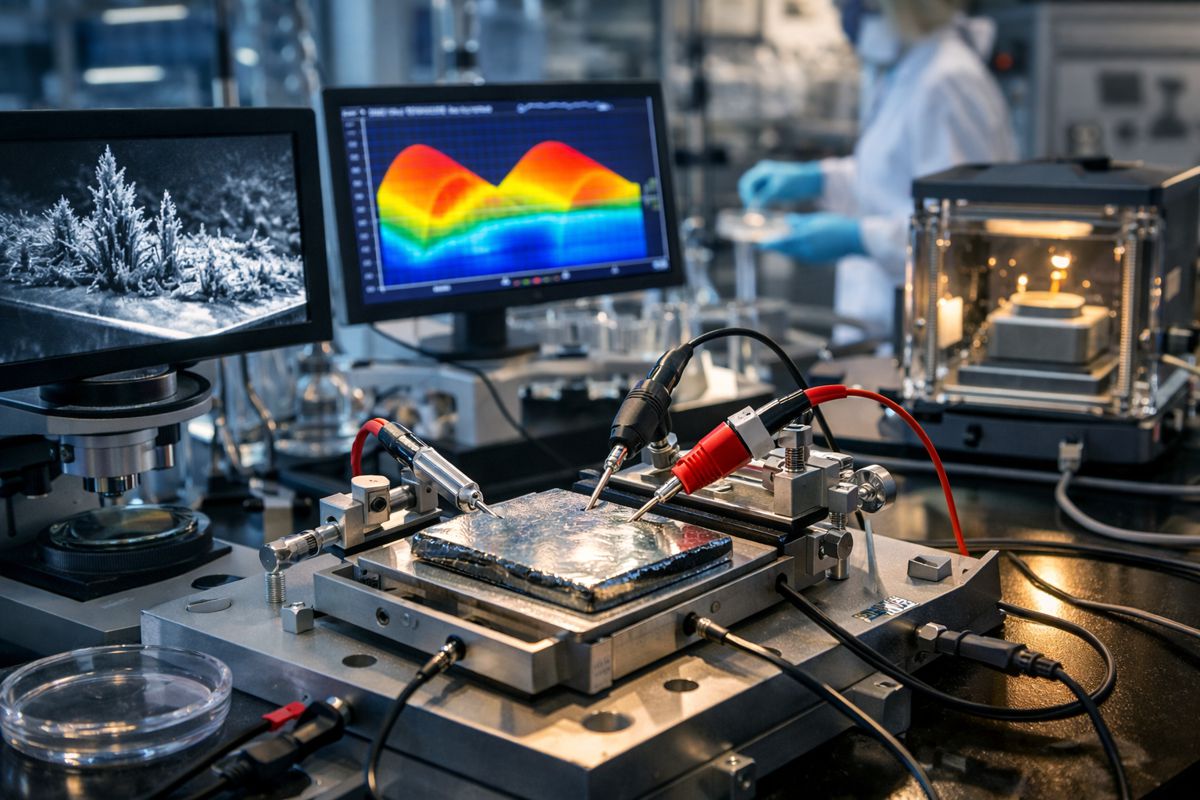Robots revolutionise Electrochemistry Research
In a significant stride towards revolutionizing electrochemical research, a team at the Beckman Institute for Advanced Science and Technology has introduced the ‘Electrolab,’ an autonomous robot poised to redefine the landscape of energy storage studies and chemical analysis.
Designed with the imperative of affordability and user-friendliness, the Electrolab stands as a testament to collaborative innovation. This benchtop marvel rapidly executes electrochemical tasks, embodying the essence of efficiency by automating the foundational yet time-consuming processes prevalent in laboratory environments.
Professor Joaquín Rodríguez-López from the Department of Chemistry at the University of Illinois Urbana-Champaign remarked: “We hope the Electrolab will allow new discoveries in energy storage while helping us share knowledge and data with other electrochemists — and non-electrochemists! We want them to be able to try things they couldn’t before.”
The brainchild of an interdisciplinary team spearheaded by Rodríguez-López and Charles Schroeder, the James Economy professor in the Department of Materials Science and Engineering, also at UIUC, the Electrolab’s inception was detailed in the distinguished journal, Device.
The realm of electrochemistry, where chemical and electrical sciences converge, holds the key to innovative energy solutions. The team’s research delves into the exploration of energy storage materials and the chemical dynamics conducive to alternative and renewable energy sources such as solar and wind power – allies in the global battle against climate change.
Michael Pence, a graduate student of the Rodríguez-López Laboratory and a 2023 Beckman Institute Graduate Fellow, highlighted the challenges in the field: “A major drawback of exploring redox-flow battery conditions is that it takes a lot of time and effort to identify a system that works.”
The team’s pioneering work traces back to a collaborative project funded by the Joint Center for Energy Storage Research, a beacon of battery science advancement under the auspices of the U.S. Department of Energy.
The hardware of Electrolab, ingeniously built from a standard 3D printer frame, is complemented by an array of microfabricated electrodes and robust electrochemical equipment. The accompanying software, crafted in Python, not only enables seamless experiment execution but also facilitates comprehensive data analysis and result visualization.
When fused with machine learning capabilities, Electrolab transcends its predefined functions to become a decision-maker in real-time experimentation, thereby exponentially increasing the efficiency of electrochemical research.
In a demonstration of its prowess, Electrolab conducted over 200 experiments within a span of 2 hours – a task that would typically occupy an electrochemist for the better part of a workday. Moreover, its second experiment showcased its aptitude as a specialist, autonomously investigating next-generation redox-flow battery materials.
Electrolab’s potential extends beyond battery material research. As part of his research at the Beckman Institute, Pence plans to deploy the Electrolab for the oxidative transformation of biomass byproducts, thereby turning waste into valuable chemical entities.
The research team’s openness in sharing the Electrolab’s construction plans encapsulates the spirit of scientific advancement – facilitating access to cutting-edge technology across various scales of research operations.
As the world leans into the embrace of green and sustainable practices, the Electrolab stands as a harbinger of progress, driving the exploration of electrochemical applications in an eco-friendly paradigm.
